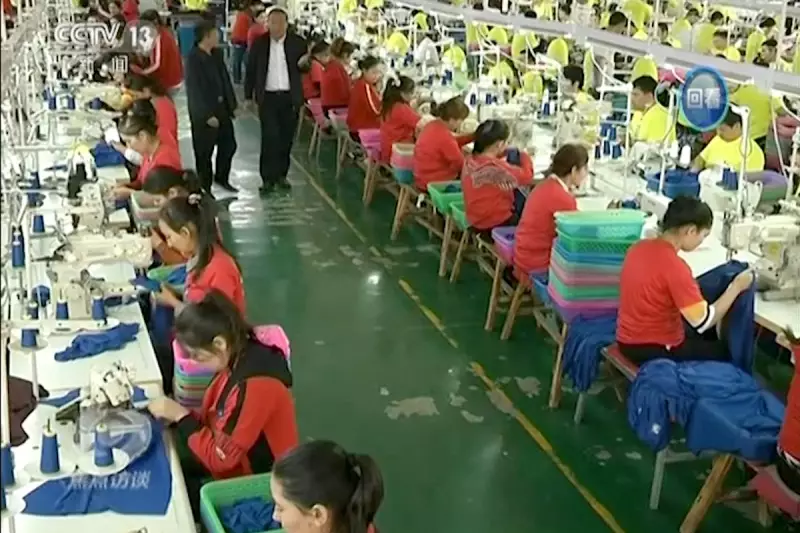
The UK government is facing mounting criticism after a report exposed potential links between British companies and forced Uyghur labour in China's Xinjiang region. Despite growing evidence of human rights abuses, ministers have been accused of dragging their feet on implementing tougher due diligence measures.
The Hidden Cost of Cheap Imports
Research by the Uyghur Rights Monitor and Sheffield Hallam University suggests numerous UK businesses may be unknowingly benefiting from coerced labour in their supply chains. The findings come as pressure builds on Westminster to follow other Western nations in introducing stricter import controls.
Government Response Under Fire
While the Foreign Office has condemned human rights violations in Xinjiang, campaigners argue the UK's approach lacks teeth. "The current guidance for businesses is voluntary," notes human rights lawyer Amelia Cooper. "Without mandatory due diligence laws, companies can effectively turn a blind eye."
The report highlights several concerning patterns:
- UK imports of Xinjiang cotton increased by 44% between 2019-2021
- At least 12 major British retailers were identified in high-risk supply chains
- Current auditing methods often fail to detect forced labour conditions
Political Pressure Mounts
Cross-party MPs are demanding urgent action, with the Labour Party calling for new legislation similar to the US Uyghur Forced Labor Prevention Act. However, business groups warn that sudden supply chain disruptions could have significant economic consequences.
What happens next? With growing public awareness and increasing legal risks for companies, the pressure on ministers to act may soon become irresistible. The coming months will test whether the UK's commitment to human rights extends to challenging powerful trading partners.





